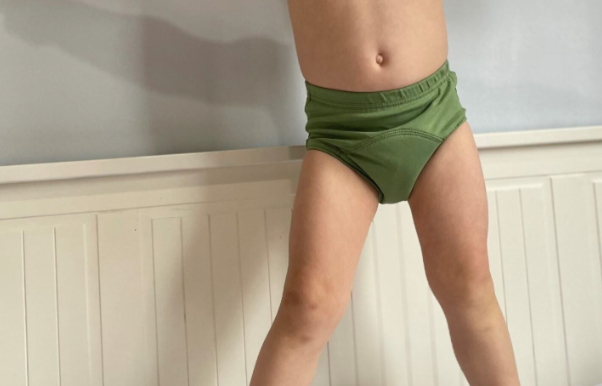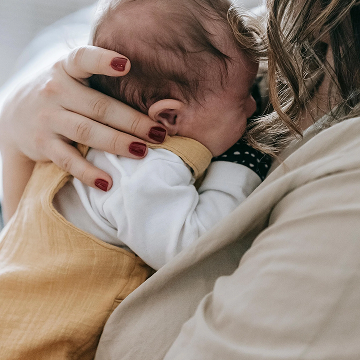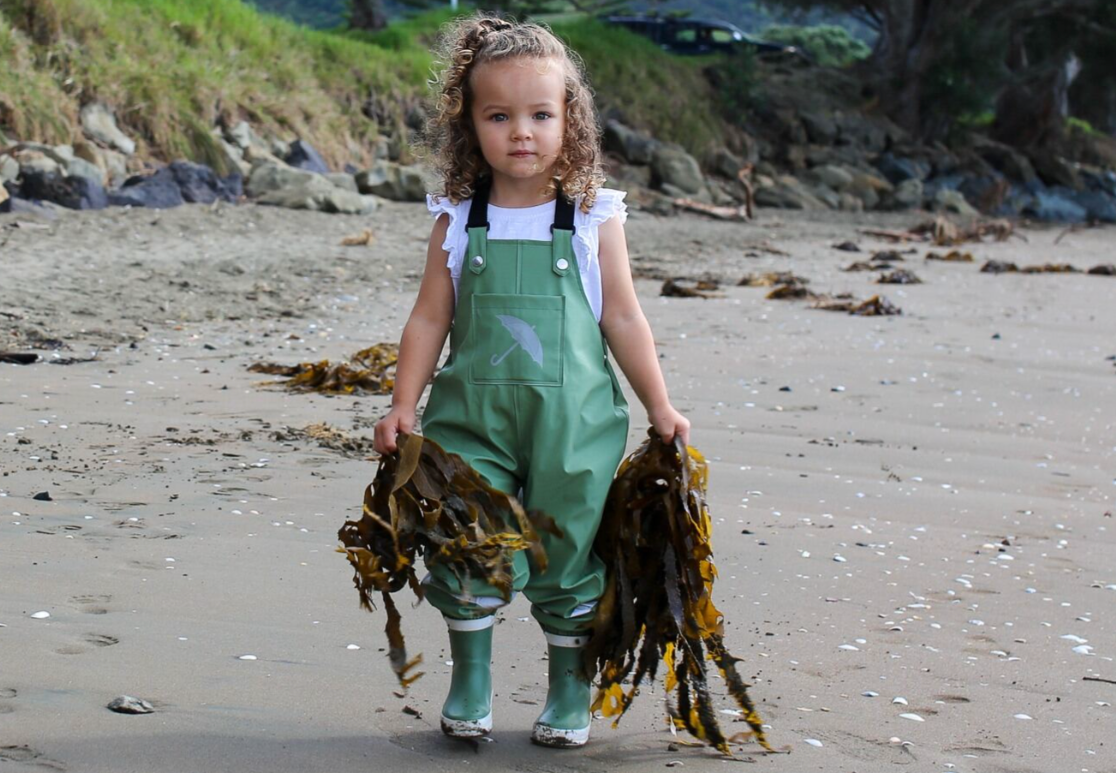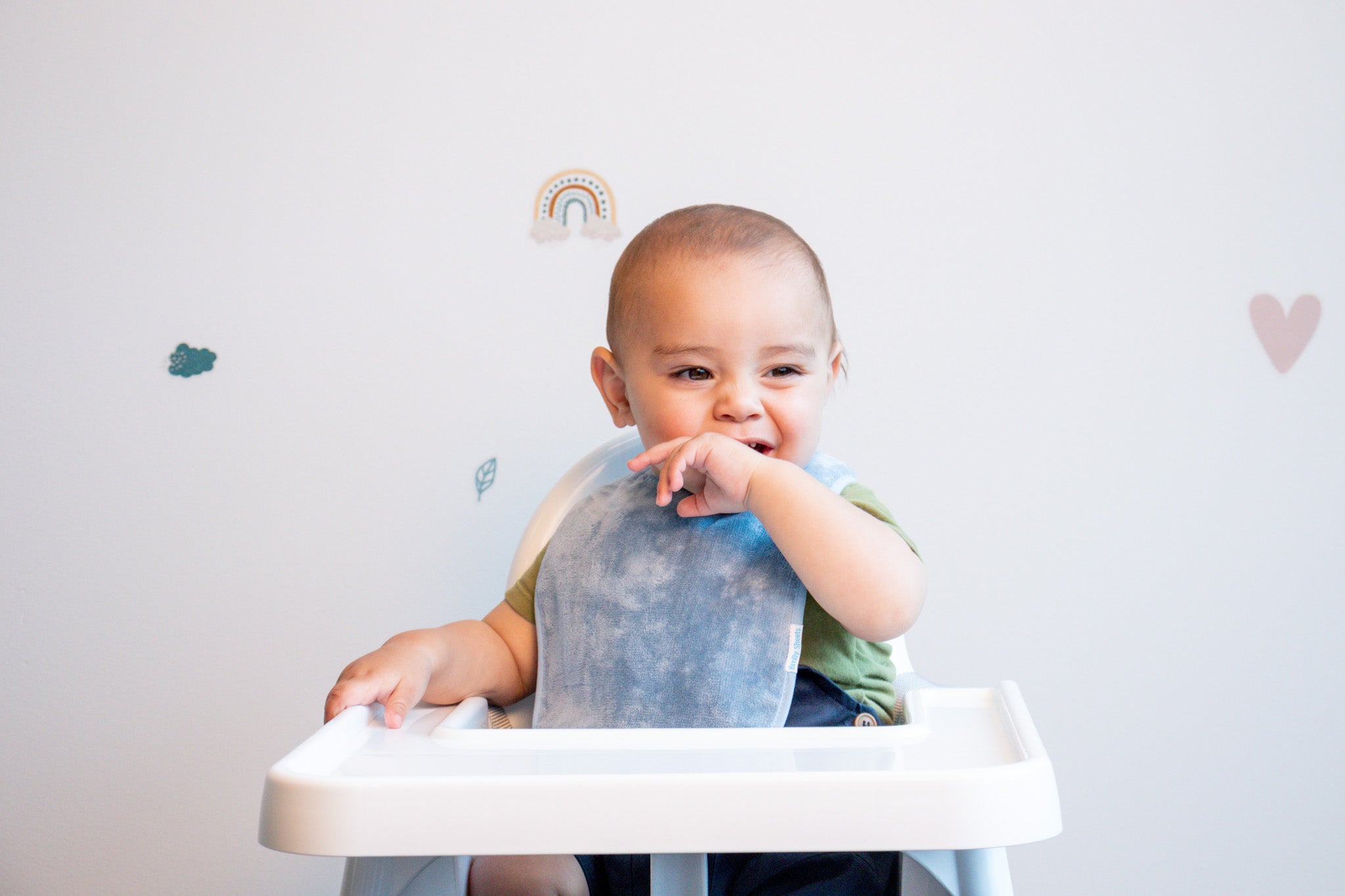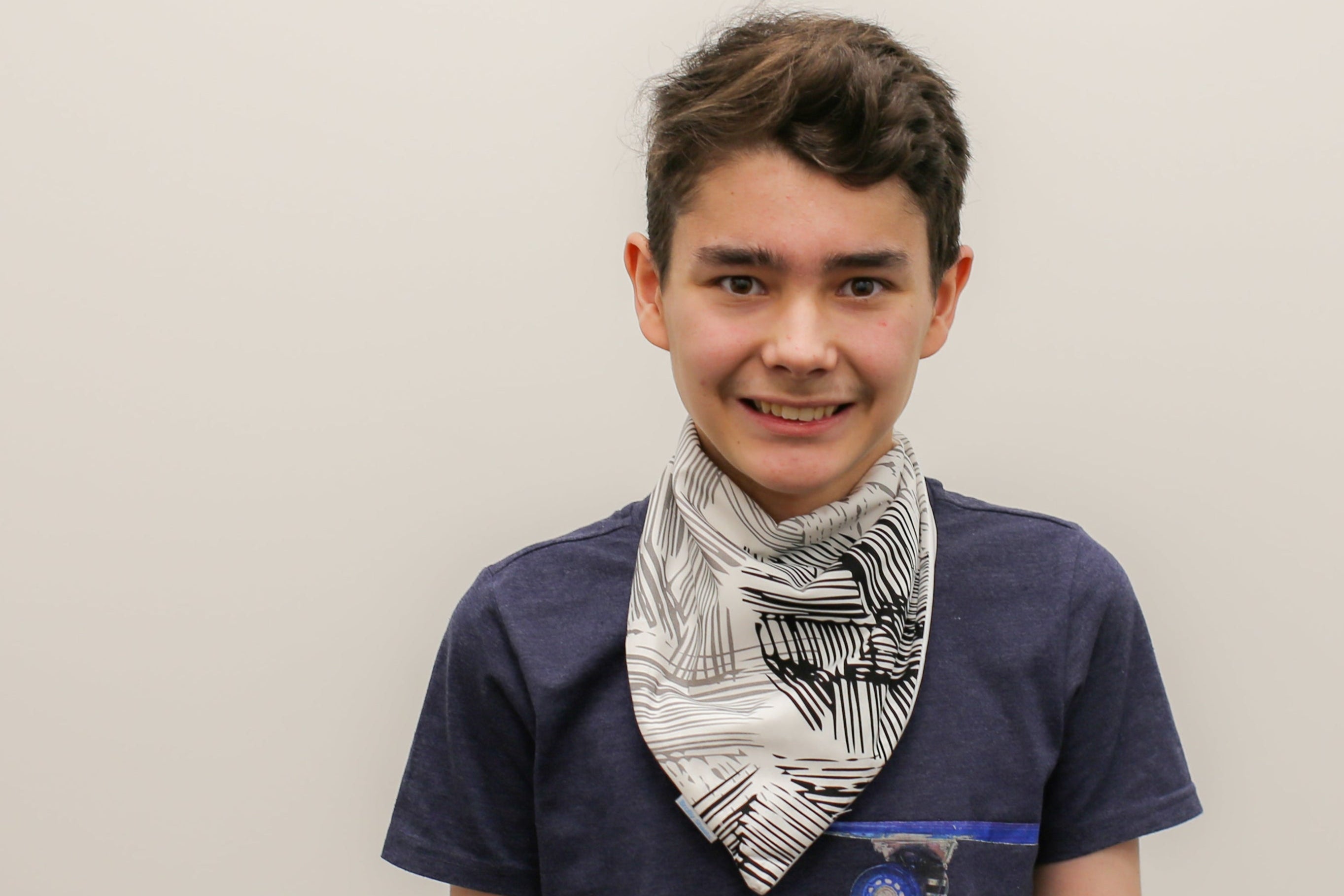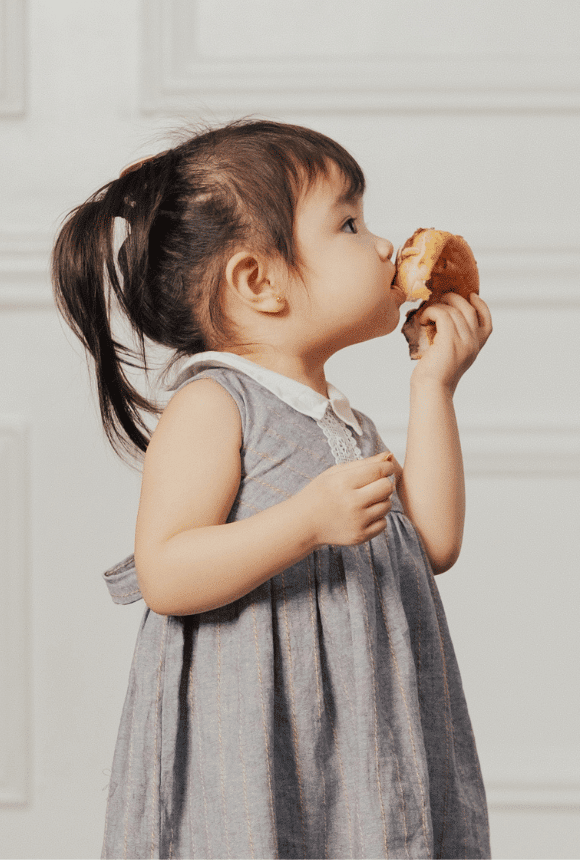
Growing Minds: Fostering Children's Mental Health

World Mental Health Day reminds us how important mental wellbeing is, not just for adults but for our little ones too. The early years are crucial in shaping how children understand and cope with emotions. As parents, we play a key role in creating a safe, supportive environment for them to thrive.
The Crucial Years of Childhood and Mental Health
-
The toddler and preschool years are critical for emotional and cognitive development.
-
Positive mental health builds resilience, confidence, and healthy coping skills.
-
Lack of emotional support can increase stress, anxiety, and sleep struggles.
Conversations about Mental Health with Toddlers
-
Keep it simple: Name emotions in everyday situations (e.g. “You feel sad your toy is lost”).
-
Validate feelings: Show children it’s safe to express themselves.
-
Model emotional sharing: Let your child see you talk about your own feelings calmly.

Nurturing the Mental Health of Young Children
Young children face distinct challenges in their mental development. Explore actionable tips for parents to actively support their child's mental well-being, creating a foundation for positive mental health from an early age.
- Create a Safe and Predictable Environment: Establish routines, provide clear expectations, and offer comfort during times of change.
- Encourage Play and Imagination: Play is the language of childhood. Whether it's building blocks, drawing, or make-believe adventures, fostering creativity during playtime is a crucial avenue for cognitive and emotional development.
- Promote Positive Relationships: Nurturing positive relationships is instrumental in a child's mental well-being. Encourage healthy social interactions with peers and adults to build a sense of belonging.
- Teach Emotional Literacy: Equip your child with the language for expressing emotions. This lays the groundwork for effective emotional communication.
- Be Mindful of the Digital Age: Limit screen time (where you can) and choose age-appropriate, positive content that aligns with your family values.
By actively engaging in these practices, parents become architects of a supportive mental health environment.
Mindfulness for Young Children
Introducing young children to mindfulness habits is a gentle yet powerful way to foster their mental well-being. Simple exercises such as deep breathing and guided imagery can be seamlessly integrated into daily routines, promoting calmness and self-awareness.
Deep Breathing: Guide your child in taking slow, deep breaths. Picture a balloon inflating and deflating, making it a playful and engaging experience. This simple practice helps them regulate emotions and find moments of calm.
Guided Imagery: Encourage your child to imagine a favourite place—a cosy corner or a magical forest. This visualization exercise sparks creativity and cultivates a sense of inner peace.
By incorporating these techniques into daily life, parents empower their children with tools to navigate the ups and downs of emotions. Whether it's a quiet moment before bedtime or a brief pause during the day, mindfulness becomes a natural part of a child's mental toolkit.
Conclusion: Building Resilient Minds for the Future
Supporting children’s mental health isn’t about being perfect – it’s about being present, consistent, and creating space for feelings. By nurturing emotional wellbeing early, we give kids the tools they need to handle life’s ups and downs.



